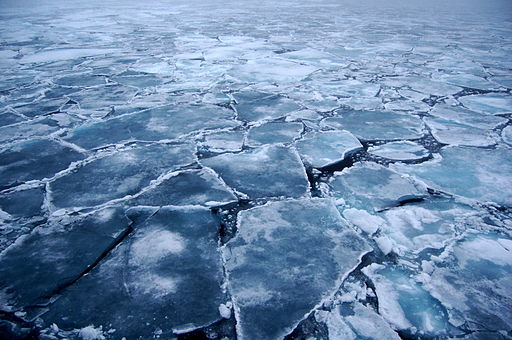Item Link: Access the Resource
Publication Info: TomDispatch
Date of Publication: 12 September 2019
Author(s): Michael Klare
It’s a record-breaking moment. As Dahr Jamail, author of The End of Ice, pointed out recently at Truthout, amid the planet’s warmest July on record, Alaska’s sea ice disappeared — just melted away for the first time in recorded history. There’s none within 150 miles of the Alaskan coast in an Arctic warming twice as fast as the rest of the planet. Like the Amazon rain forest, Arctic forests and peat bogs have also been burning, putting vast plumes of smoke into space for dramatic satellite photographs.
Consider all this a signal that humanity is entering a new age. And speaking of Alaska, it wasn’t just that the temperatures in March (March!) were 20 degrees warmer than usual or that, in July, those in Anchorage, the state capital, rivaled Miami’s, but that the wildfire season, which usually ends in the first days of August, continues today. With 200 wildfires still active, the state’s Department of Natural Resources officially extended that season to September 30th amid unprecedented dryness. In other words, the Epoch of the Great Meltdown is already underway.
As in all catastrophic situations, though many will suffer, vultures are on the scene, too, eager to benefit from the carnage. In response to that reality, TomDispatch regular Michael Klare, author of the all-too-appropriately titled book All Hell Breaking Loose: The Pentagon’s Perspective on Climate Change (to be published in November), turns his attention to the burning Arctic and those very vultures. While officially denying anything of significance is going on, they couldn’t be more intent on taking full advantage of the ever-grimmer situation in the Far North and, in the process, will only ensure that the planet heats yet more. Tom
The views and opinions expressed through the MAHB Website are those of the contributing authors and do not necessarily reflect an official position of the MAHB. The MAHB aims to share a range of perspectives and welcomes the discussions that they prompt.
